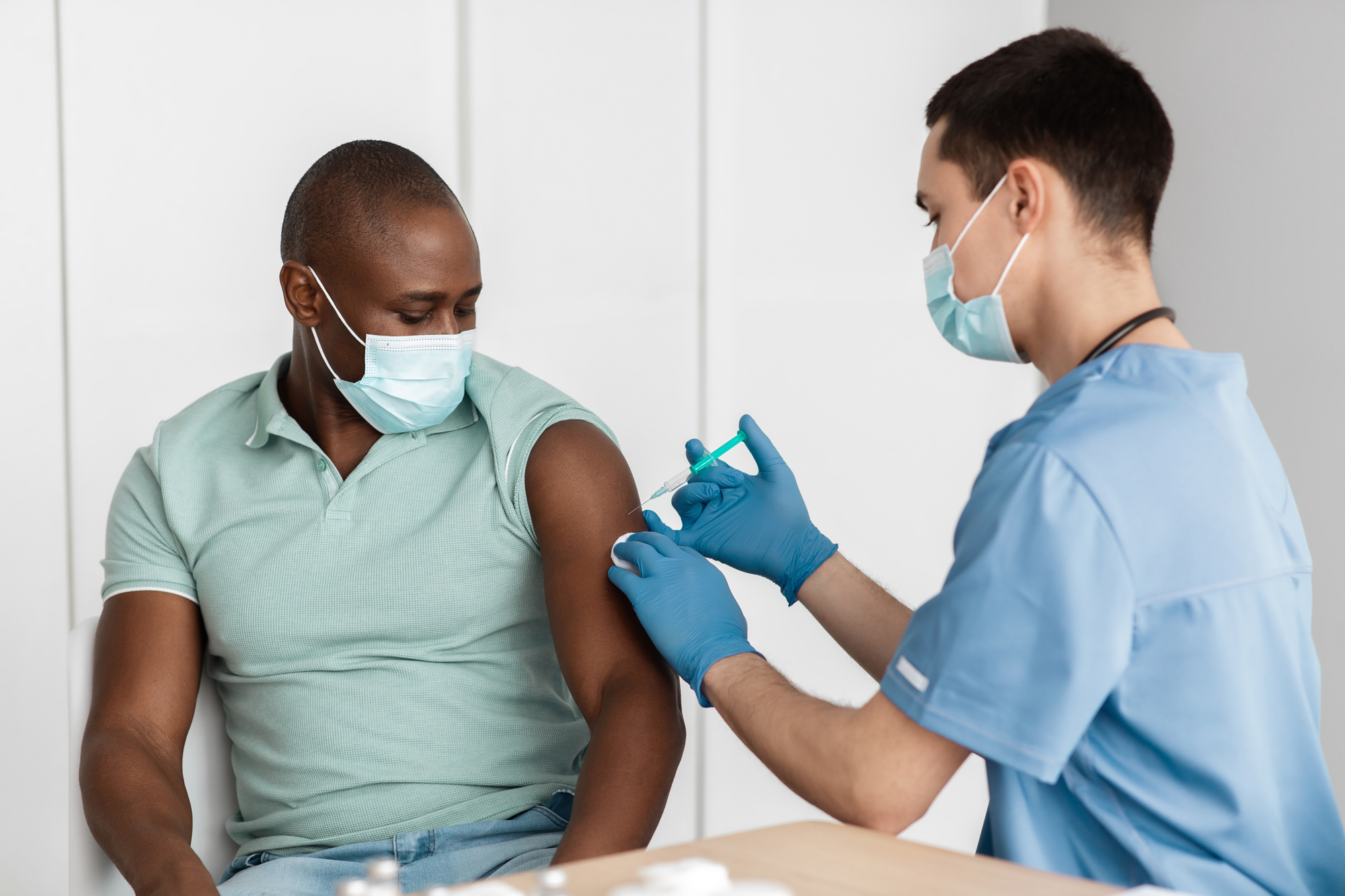

Omicron spread like wildfire in the winter of 2022, and vaccine maker Moderna is taking steps to prevent another resurgence. The pharmaceutical giant announced the results of an Omicron-specific vaccine booster trial on Wednesday. That mRNA vaccine produced a higher antibody response against multiple variants of SARS-CoV-2, the virus that causes a COVID-19 infection, than the vaccines already available.
The new booster is a bivalent vaccine, meaning it creates an immune response against the original virus and its variant. In this case, it contains the mRNA vaccine Spikevax, which the Food and Drug Administration approved for people 18 and older in January, plus a vaccine candidate that specifically targets Omicron.
Omicron is the most infectious coronavirus variant yet. It has 37 mutations on its spike protein—the protein used by the virus to penetrate and enter cells—which is more than the Alpha and Delta variants. The high number of mutations disguises the virus, allowing it to go unrecognized by vaccine-induced and naturally acquired antibodies. Omicron’s success in evading the immune system led to a surge of reinfections in people who previously recovered from COVID-19 infections, and it caused breakthrough infections in fully vaccinated individuals. The variant was also behind an unprecedented number of hospitalizations in children between the ages of 5 to 11.
[Related: Moderna’s latest COVID vaccine trial for kids offers ‘really good news’]
In Moderna’s phase 2/3 clinical trial, researchers found that, after one month, patients who received the Omicron-specific vaccine booster had higher neutralizing antibody responses than those who had one dose of the Spikevax vaccine. The Omicron-specific booster also provided higher levels of protection against other variants of concern, including Alpha, Beta, Gamma, and Delta. The booster shot was well-tolerated among 437 study participants with no new side effects.
While the results are promising, more research is needed to know how antibody responses translate into clinical outcomes and how long the immune response lasts. Peter Jay Hotez, an infectious disease expert at Baylor College of Medicine wrote on Twitter he worried whether this shot will protect against other emerging variants: “My concern on this new bivalent booster is whether it really offers much advantage, given omicron is already behind us.” Hotez added that there was “no evidence” this vaccine offers better protection against BA.2 subvariants, which are more infectious versions of Omicron with mutations that make it harder to detect on a PCR test than Delta or the original Omicron strain.
Paul Burton, Moderna’s chief medical officer, predicts that the high antibody response could provide protection for at least a year, raising the possibility of annual boosters, according to NPR. Moderna is planning to submit more research data in the coming weeks and aims to have the new booster available later this summer, pending FDA review and approval.
